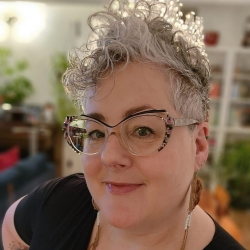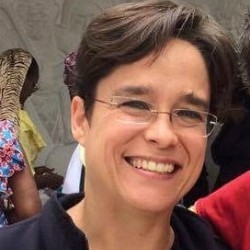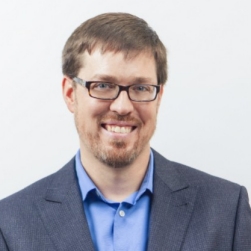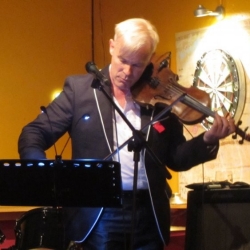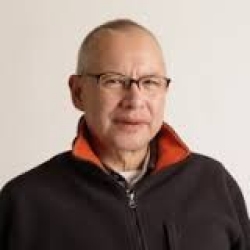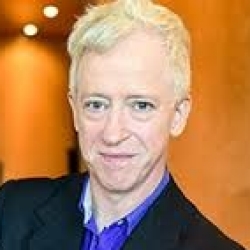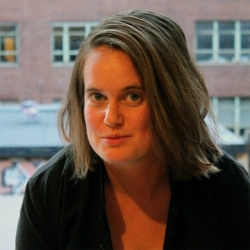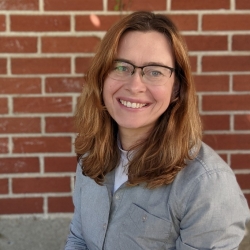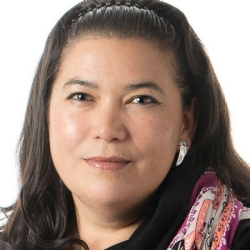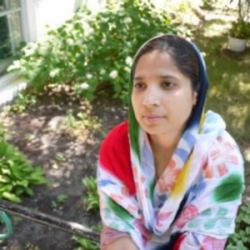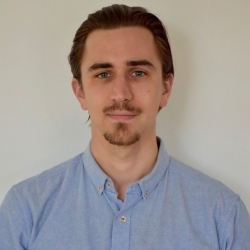Anna Kruzynski
Graduate Program Director
Anna Kruzynski is a professor at the School of Community and Public Affairs and director of the Community Economy Development program at Concordia University. For the past 25 years she has been involved in many different types of social movements: from the student movement, to health and feminist community organisations in Point-Saint-Charles, to anti-globalisation direct action, to busy work with neighbours and anarchist comrades to set-up local economic and political initiatives inspired by a post-capitalist politics. She has piloted three major research projects over the years. She was involved in Bâtiment 7 (Building 7) both as neighbourhood organizer and engaged scholar. She engaged in participatory action research and accompanied the deployment of large-scale self-management within the organisation. Her work with the CourtePointe collective and the Popular Archives of Point St.Charles was to document women’s contribution to local organizing efforts. Her work with the Research group on collective autonomy, a feminist anti-authoritarian research collective, documented anarchist and antiauthoritarian organising in so-called Québec. She is currently a member of the Community Economies Institute and of a self-managed research collective that is mapping emancipatory economic practices proliferating on the margins of the social economy. Her teaching is inspired by both her activism and her research. She teaches strategies for fundamental social change, economic literacy to enable people to take back the economy, basic community organizing skills and tools for direct democracy.
For more infomation on Dr. Kruzynski's research projects - Faculty Biography
Email: anna.kruzynski@concordia.ca
Phone: 514-848-2424 ext. 5194

